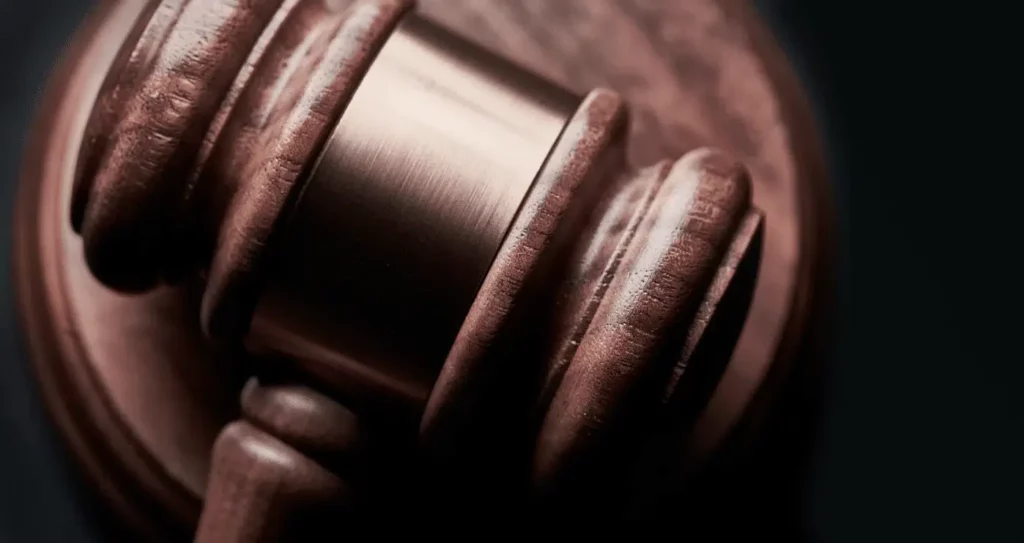
Flat fee structure means no surprise costs.
Custom solutions to protect your legacy.
7 generations in Denton, Texas.

Wills
Most people are familiar with the idea of a last will and testament – in Texas, a will is a document that lays out who you want to oversee your estate and who you want your estate to go to. Wills are the most popular estate planning tool in Texas because they’re a reliable way to distribute estates without much involvement after the document is signed.
Sometimes a last will and testament is confused with a living will, but they serve very different purposes. A living will (also called a directive to physicians) is a document that contains your end-of-life decisions and your preferences if you’re suffering a terminal or irreversible condition.
A living will is NOT a “do not resuscitate” order. You should speak to your health care provider for a “do not resuscitate” document.
The truth is many lawyers in Texas can draft a simple will in a matter of minutes and charge you a few hundred dollars for their time.
But how do you know if the lawyer has the full picture and expertise to accomplish your estate planning goals? After all, your estate plan will be much easier to fix while you’re still around. Even some lawyers don’t fully understand the features a well-crafted will can offer.
Hunter Sargent, PLLC doesn’t dabble in estate planning – it’s what we do. Our real-world experience in family dynamics, business disputes, and estate planning challenges gives us the experience, wisdom, and skill to plan legacies of all sizes and circumstances.
Do I Need a Texas Will?
Dying without a will is called dying “intestate” and the law requires your property to go to your “heirs at law”. If you die intestate, you’ll have no control over who inherits your legacy.
Instead, Texas law provides a framework for distributing your legacy among your surviving family members. There are many complex rules for inheritance under intestacy laws; the most concise explanation is, “It’s complicated.”
The outcome under Texas law may not align with your wishes, which means it’s generally advisable to create a last will and testament.
In most situations, property will pass to spouses, children, or other family members. In worst case scenarios where no family can be identified, your legacy could revert to the State of Texas.
Sometimes out-of-state wills don’t meet the requirements of a Texas will. If you have a California will, you’ll probably need to get a new will that complies with Texas law. Hunter Sargent, PLLC will restructure your out-of-state will to conform to Texas law so you can rest easy knowing your legacy is protected.
Do I Need a Lawyer to Make a Will?
No, you don’t need a lawyer to create a valid Texas will. You also don’t need a doctor to fix a broken bone. Would you risk making an unfixable mistake that burdens your family or leaves your property to the wrong person?
If your homemade will fails, it’s because you didn’t follow the strict requirements of Texas law. The Texas Estates Code is free to the public and easily accessible online, but take a look and you’ll see why it’s so easy to make a mistake.
If the probate court determines your homemade will is invalid, your property will be distributed as though you had no will at all.
Requirements of a Valid Texas Will
At a minimum, a valid Texas will must meet the following requirements:
- Age: The person making the will must be at least 18 years old.
- Capacity: The person making the will must be of sound mind, which means they’re capable of making decisions and understanding the consequences of making a will.
- Signature: The will must be signed by either the person making the will or another person at their direction and in their presence.
- Witnesses: Unless the will is entirely in the person making the will’s own handwriting, the will must be signed by two or more witnesses over the age of 14.
- Writing: Texas wills must be in writing. There is no such thing as an oral will in Texas.
- Beneficiaries: At least one beneficiary must be named to receive property in a valid Texas will.
If you need a wills lawyer, your next step is to schedule a free consultation with Hunter Sargent, PLLC. We can walk you through your options and help you protect your legacy with a Texas will.

Schedule a meeting now To Start
The best time to plan your legacy was 10 years ago. The next best time is today. Everyone needs estate planning – the good news is it’s never too early and if you’re reading this, it’s not too late.


